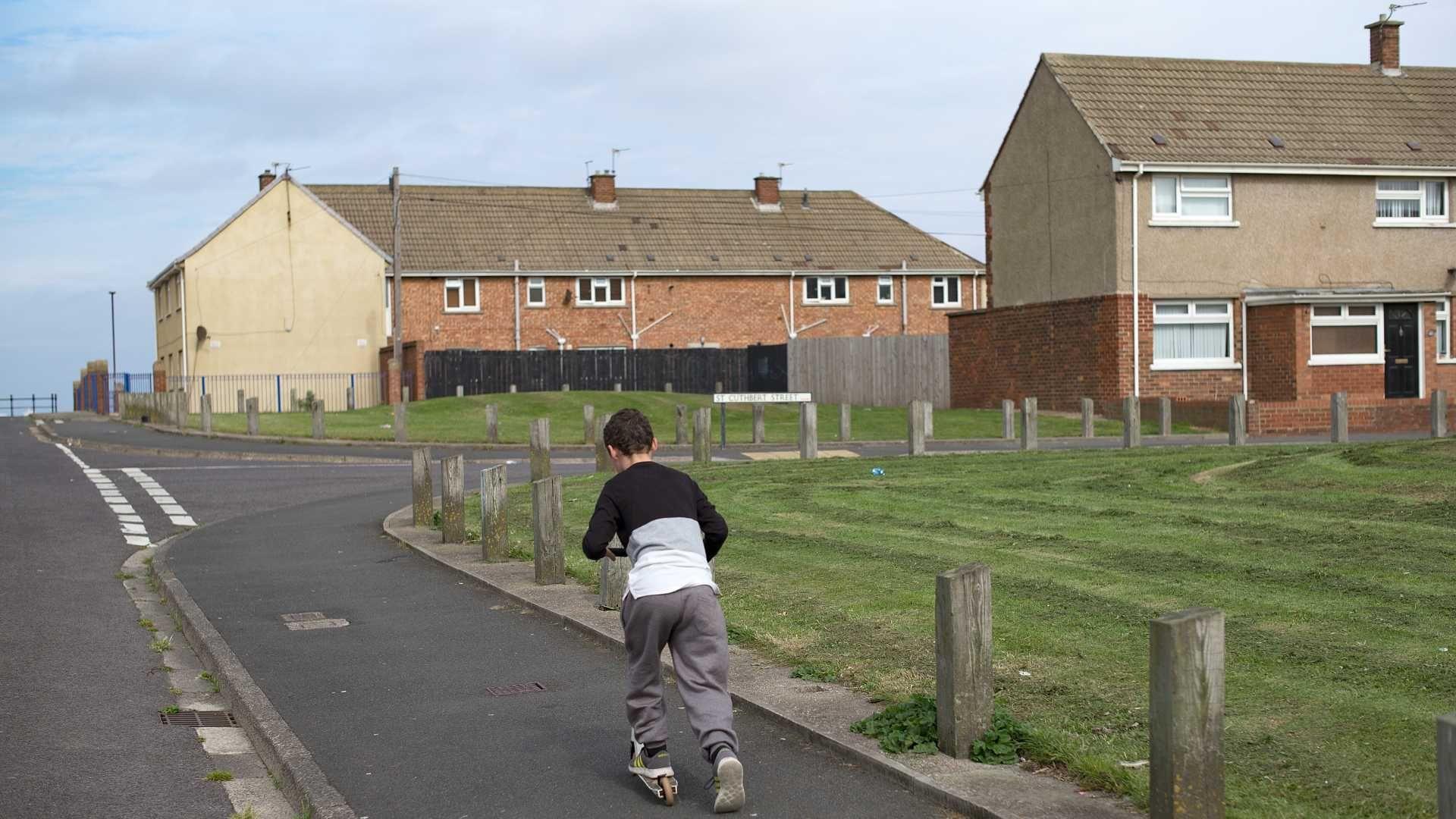West Midlands one of worst regions for child poverty
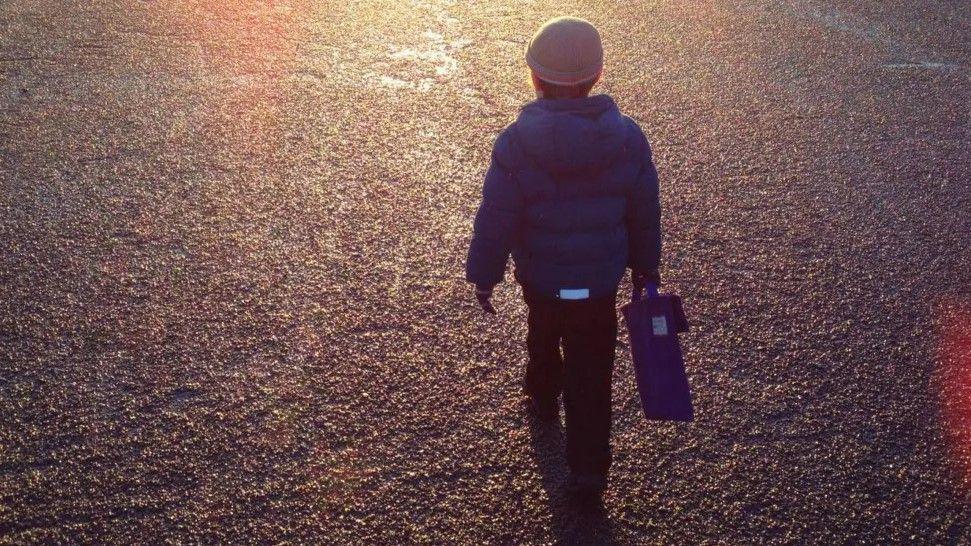
48% of Birmingham's children lived in poverty in 2022-23
- Published
The West Midlands is one of the worst-hit areas of the country for child poverty, according to analysis by a think tank specialising in low incomes.
Almost half of children in Birmingham, Wolverhampton, Sandwell, and Walsall were living in poverty in 2022-2023, according to The Resolution Foundation, external.
Its latest report said urban areas in the West Midlands and North West saw the biggest increase in the number of under-16s living in relative poverty since 2014-15.
It also said said there was "a very strong relationship" between an area's child poverty rates and its share of children affected by the two-child benefit limit.
Relative poverty is the number of people whose income is 40% below the average income.
This means the income level classed as poverty increases as general living standards rise.
The figures in the report are derived from Department for Work and Pensions statistics.
For larger families - defined as those with three or more children - more than five in ten children in the West Midlands and North West were in relative poverty in 2022-23, compared to the UK average of four in ten.
These two regions formed the majority of child poverty hot-spots in this period, a substantial shift since 2014-15, when 19 of the top 20 areas for child poverty were in London.
However, in 2022-23, only three of the top 20 areas were in London, with the rest being in the West Midlands and North West.
In this time period, 48% of Birmingham's children, 47% of Sandwell's children, and 46% of Wolverhampton and Walsall's children lived in poverty.
Two-child benefit cap
The information comes from The Resolution Foundation's Uneven Ground, external report, assessing the state of economic inequality facing the new Labour government.
In January, the think tank said almost half a million households were affected by a cap on some benefits.
The two-child cap, which was introduced in 2017, restricts child tax credit and universal credit to the first two children in most households.
It means families cannot claim about £3,200 a year per extra child, the think tank said.
In July, Labour suspended seven MPs who voted against the government on an amendment to scrap the two-child benefit cap.
The MPs included ex-shadow chancellor John McDonnell and MP for Coventry South, Zarah Sultana.
Follow BBC Birmingham on Facebook, external, X, external and Instagram. Send your story ideas to: newsonline.westmidlands@bbc.co.uk, external
Related topics
- Published24 July 2024
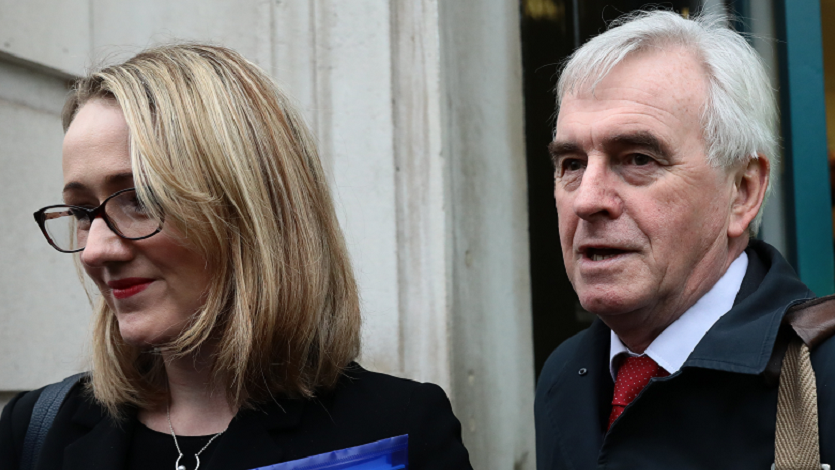
- Published11 July 2024
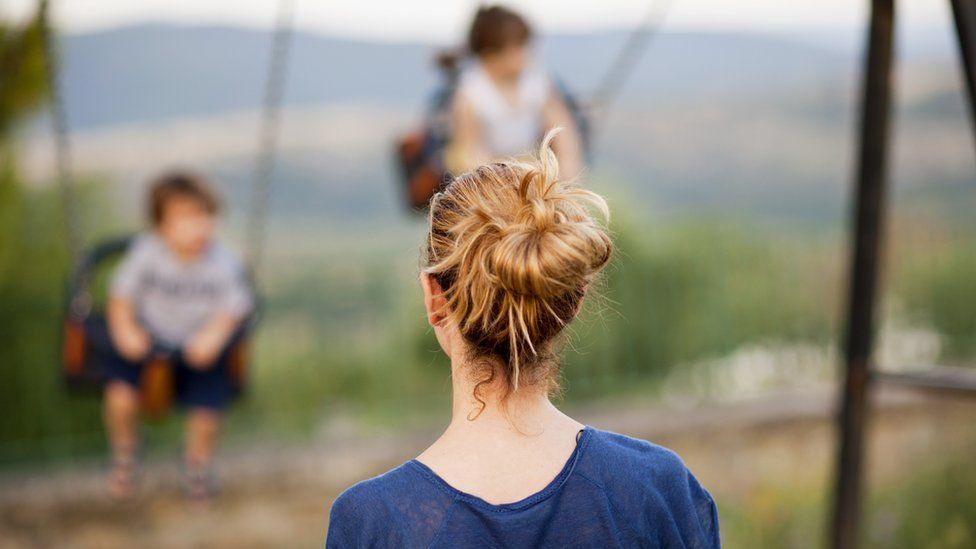
- Published25 June 2024
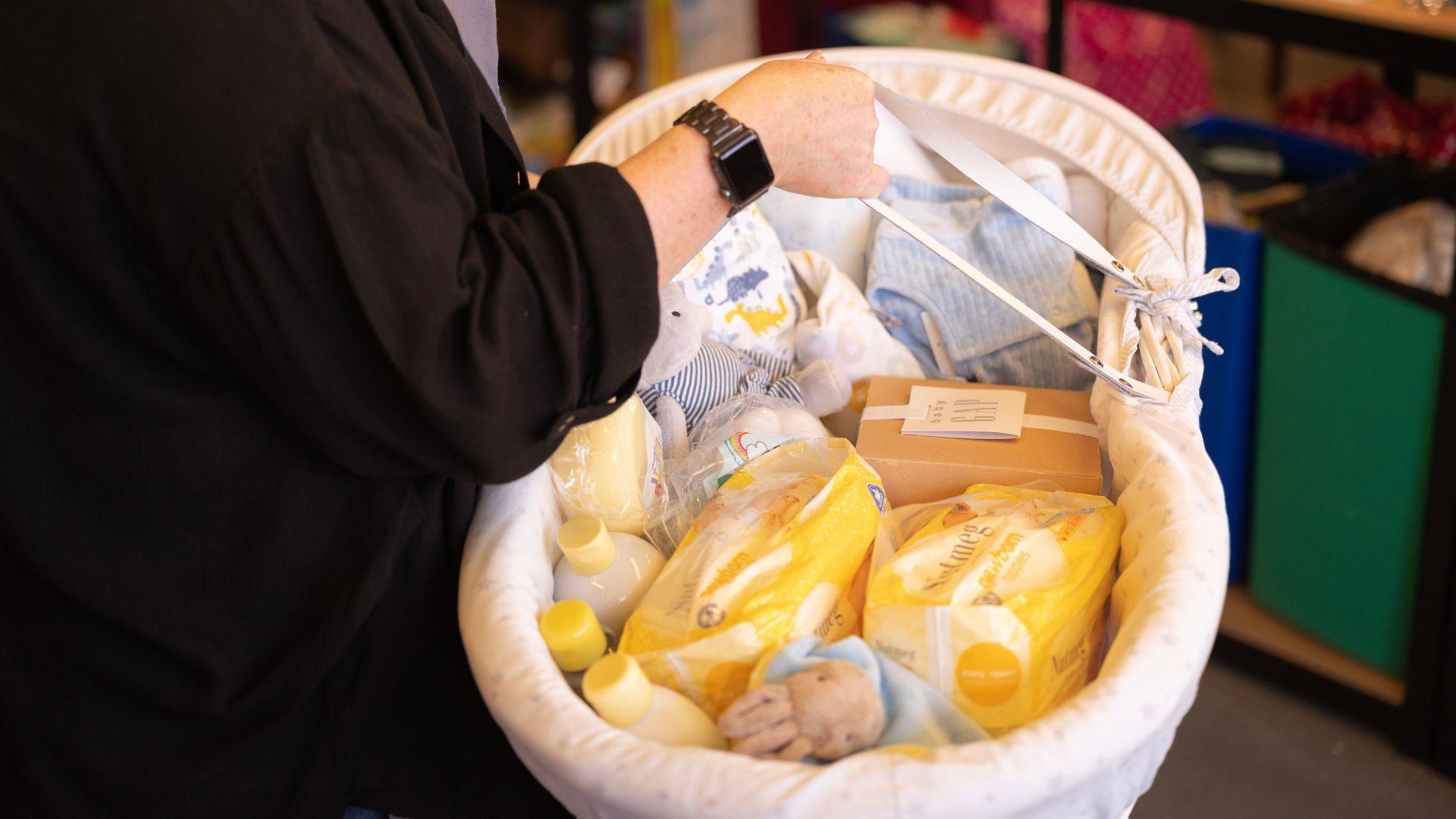
- Published31 January 2024
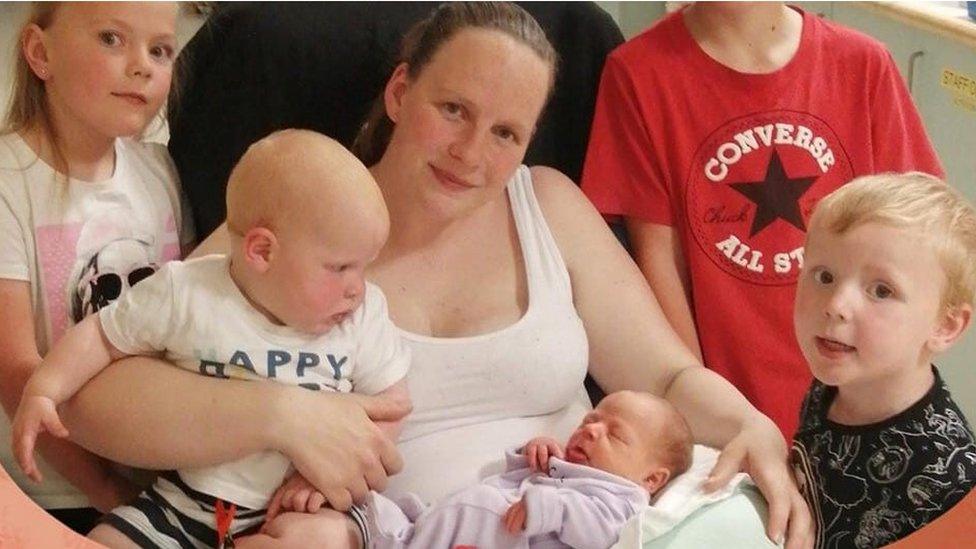
- Published16 February 2024
